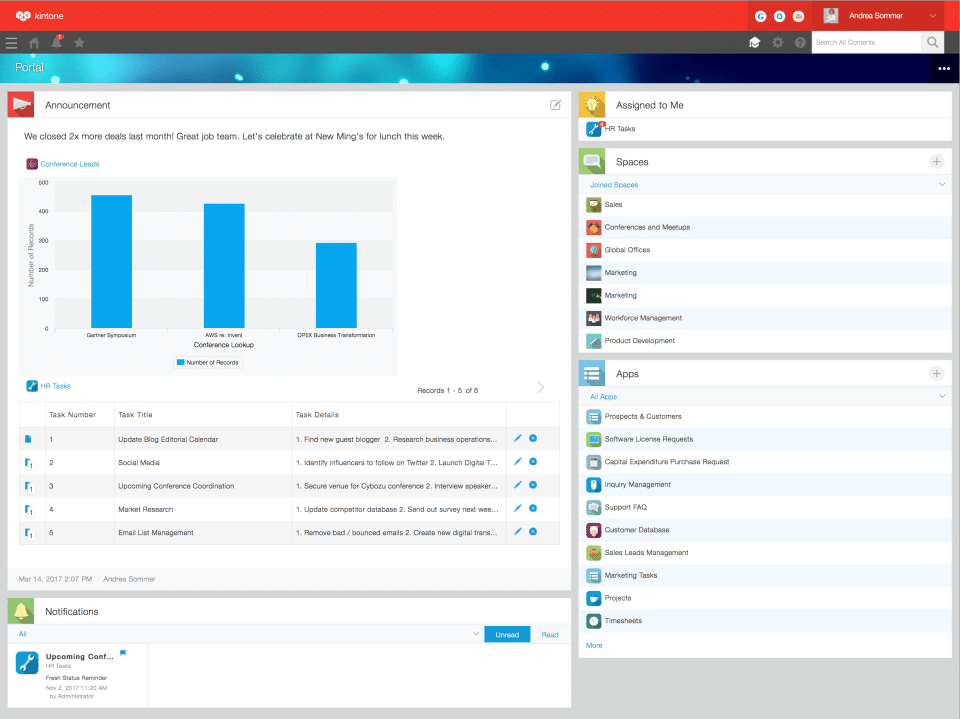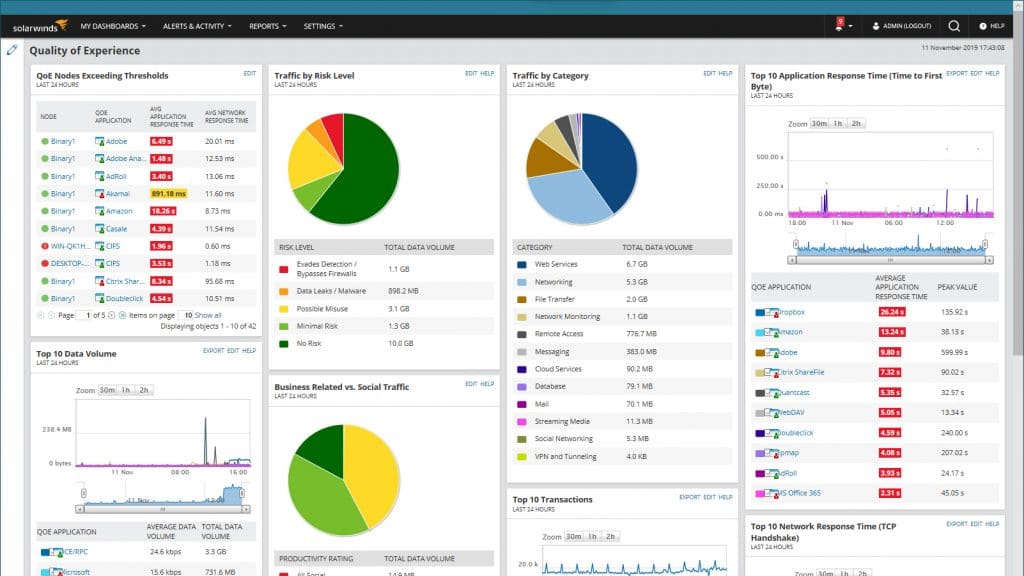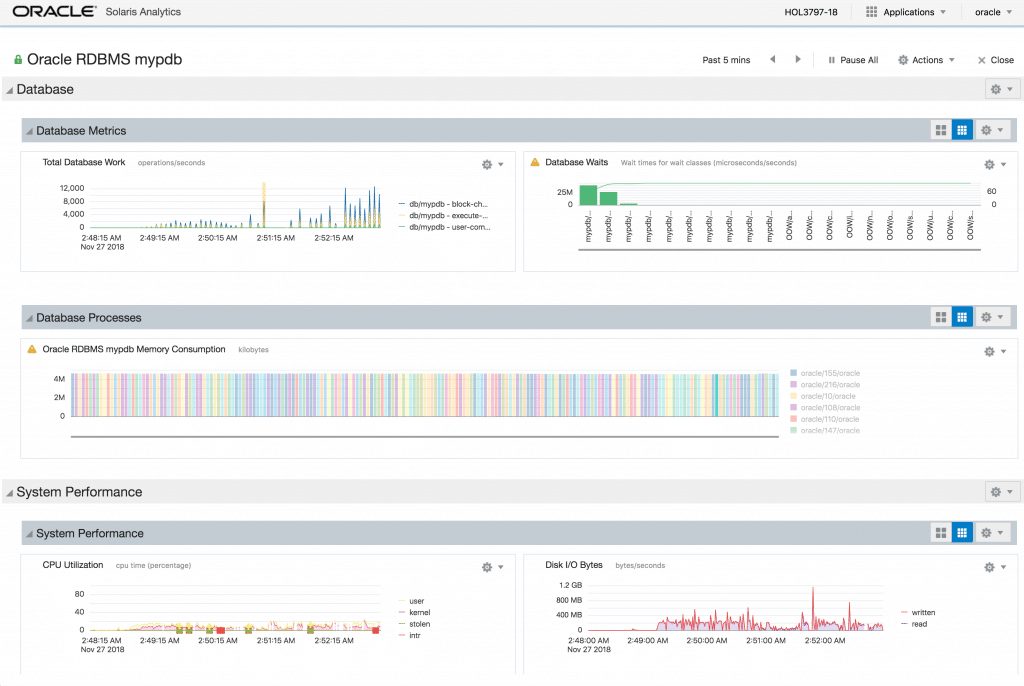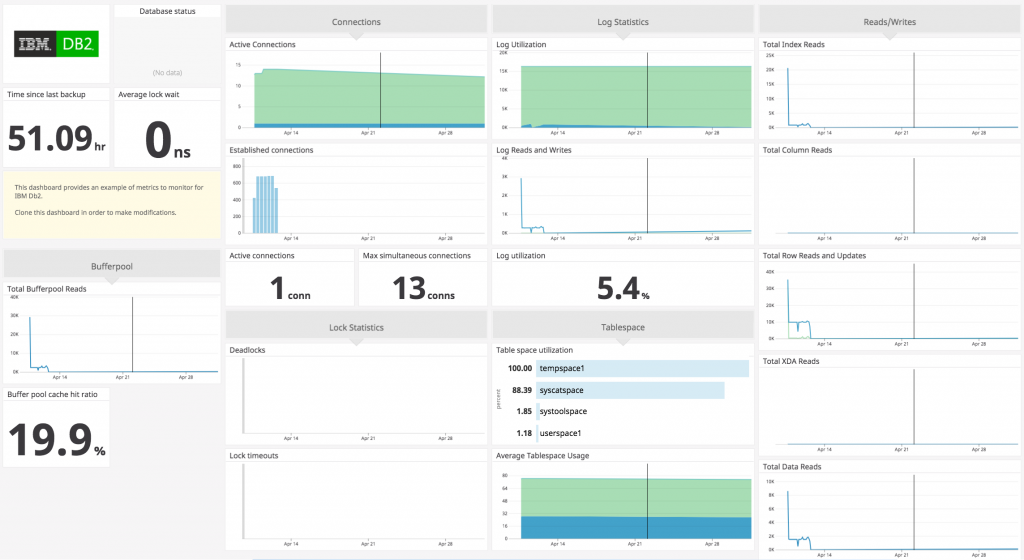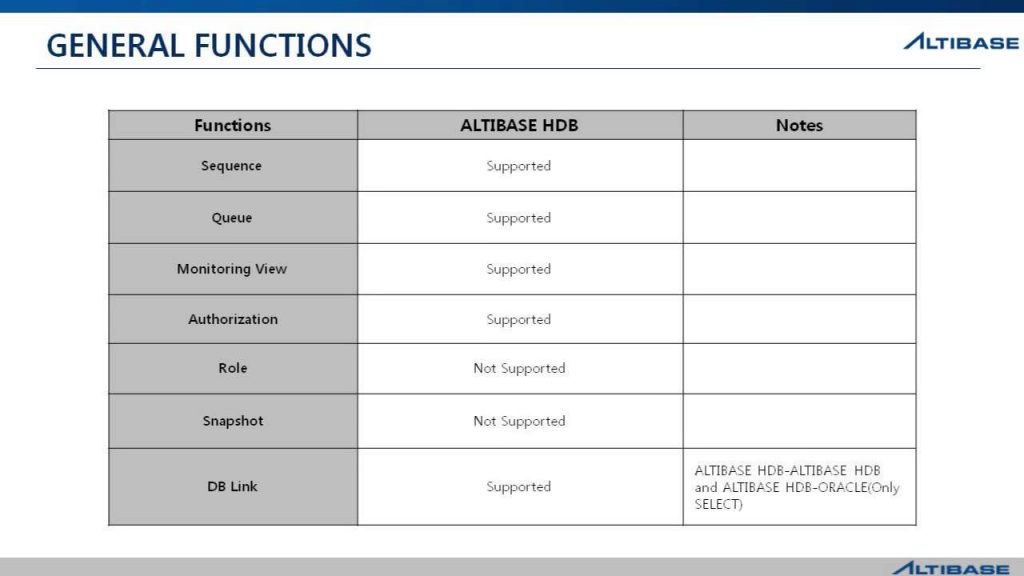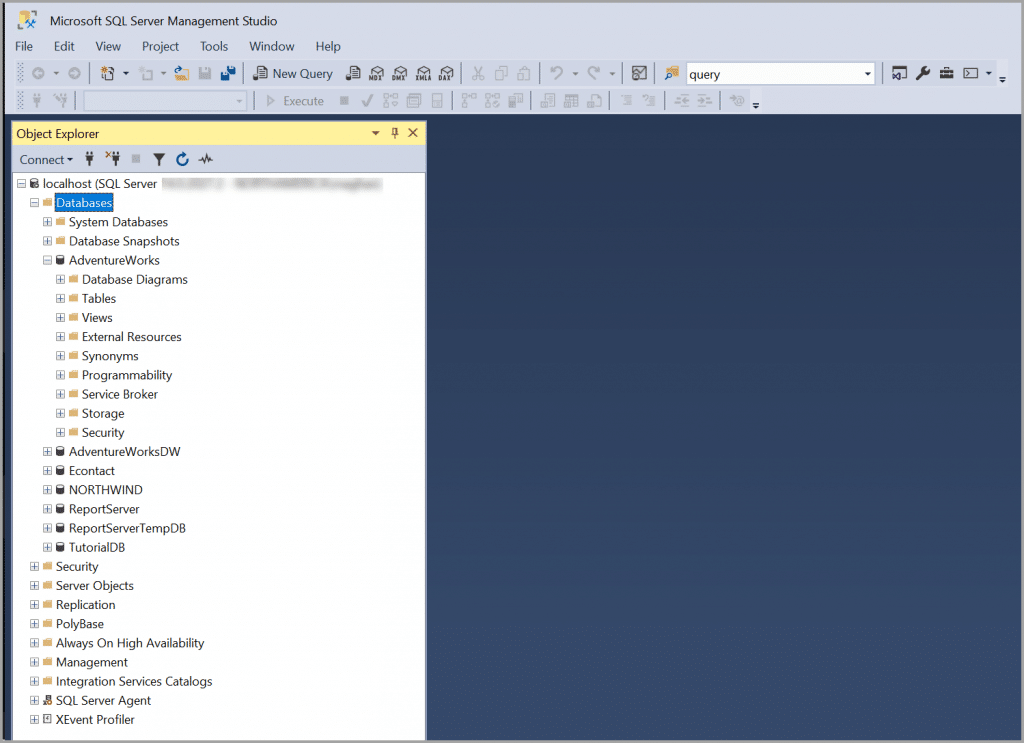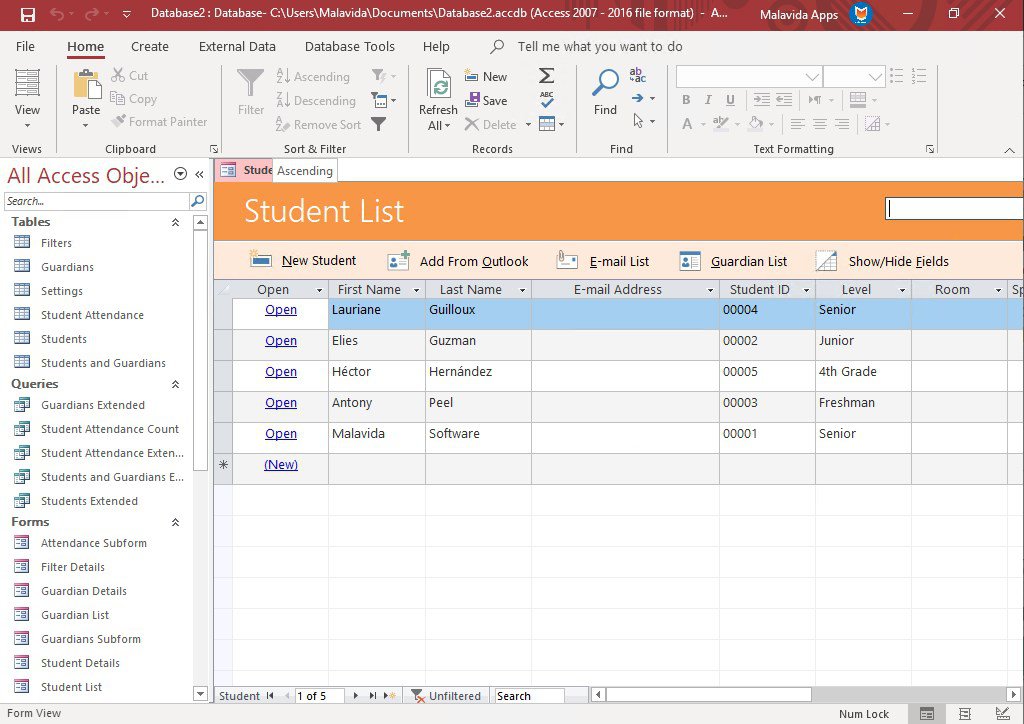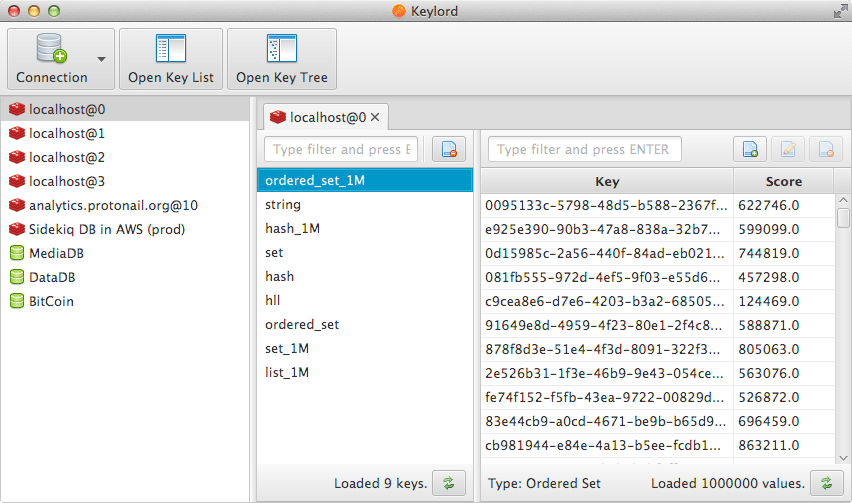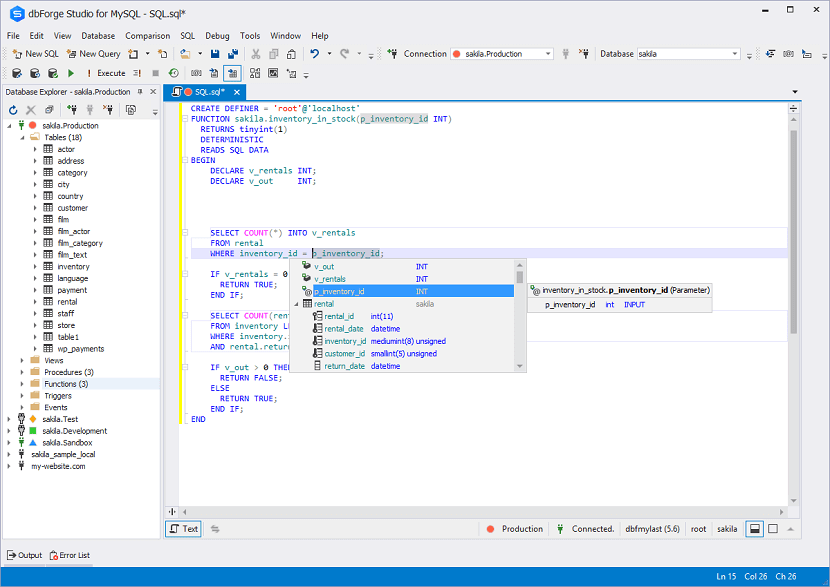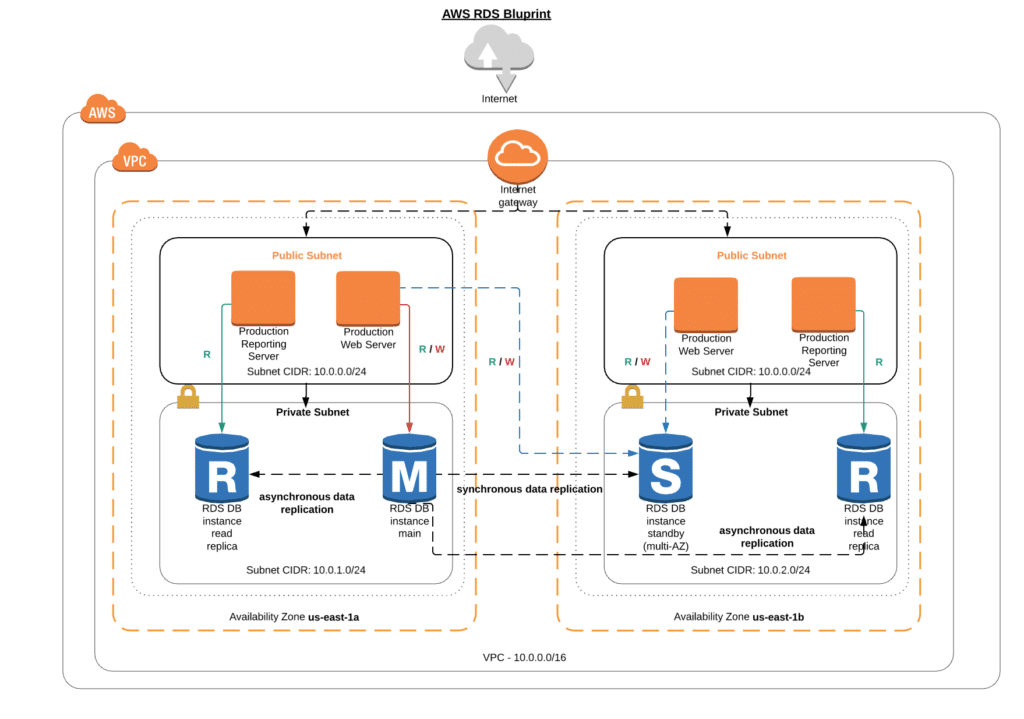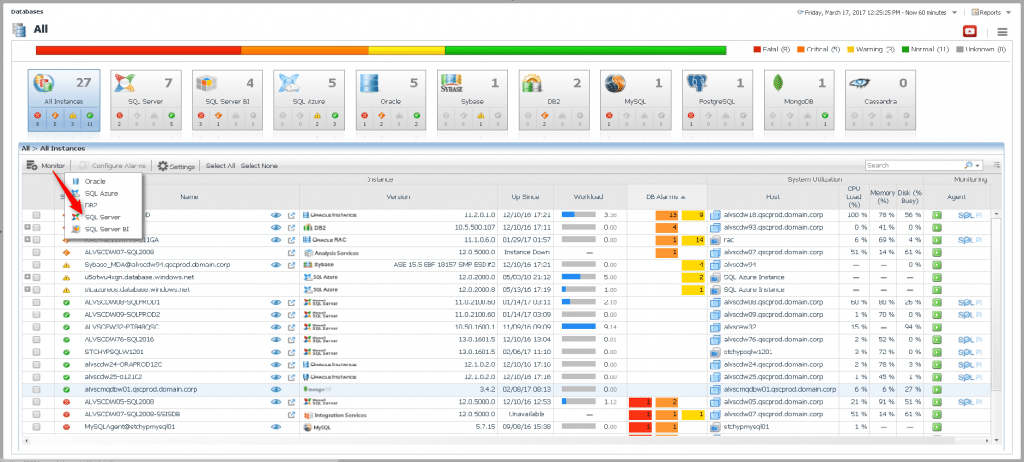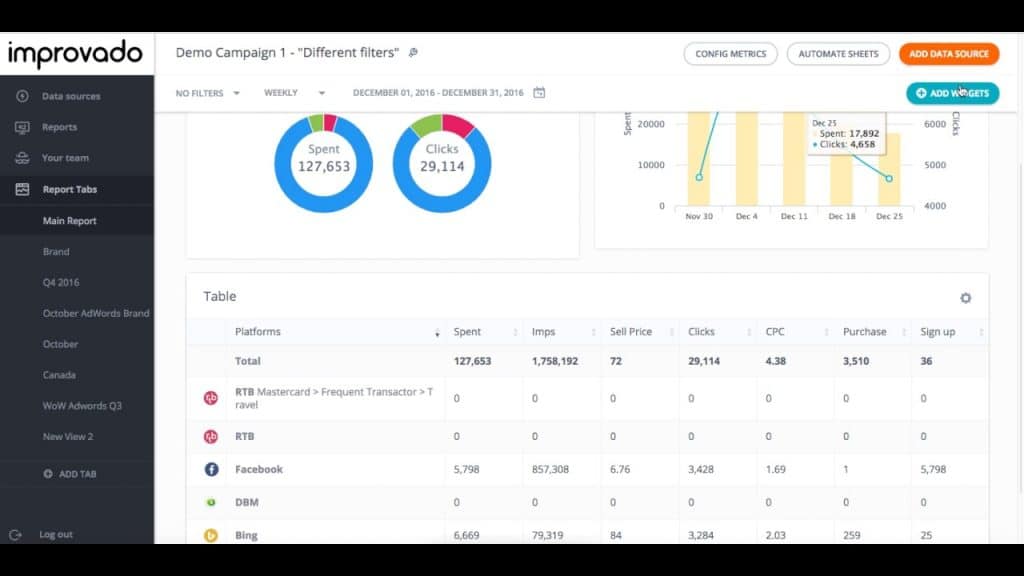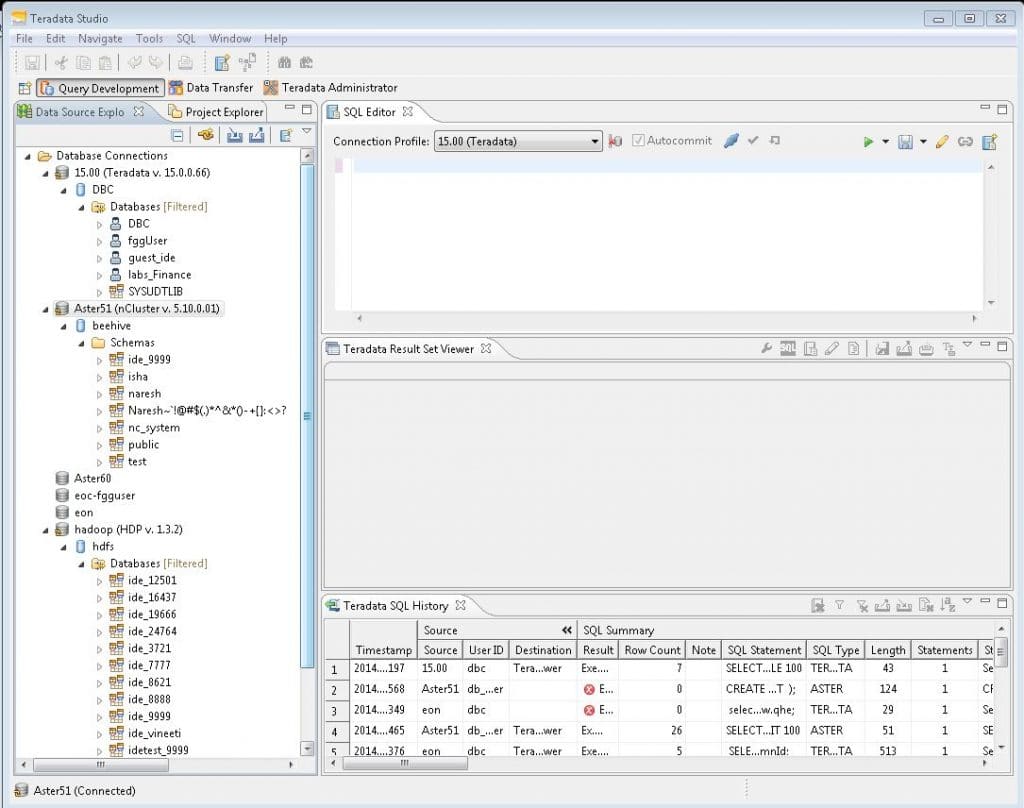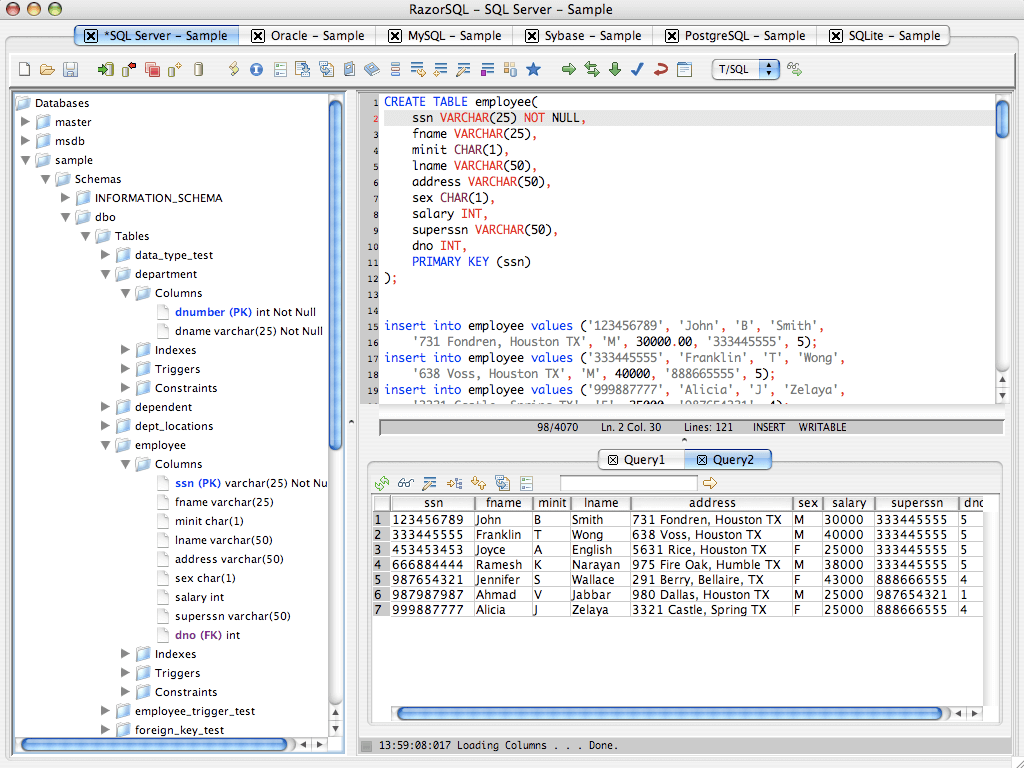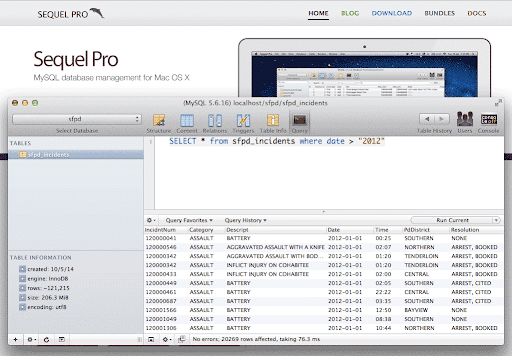Database management entails designing, implementing, and supporting stored data. The data becomes centralized, easy to distribute, organization, structuring, and administration of data. Database management helps you run your business operations well, organize data, ensure query performance, store data of different types, and automate processes.
15 Best Database Management Software
1. Kintone
Are you in need of an online database that is fully customizable without code? Well, Kintone allows you to interact easily and provides the best database management system. It allows you to collaborate, manipulate, and play with your data as you wish.
Features of Kintone
It is a super-flexible, functional platform that provides smart alerts, notifications, and triggers. It triggers action-packed workflows, allows team collaboration, and use agile apps. Allows you to automate everything from scratch and modify it as you wish. Keeps track of all workflow processes, see your database content easily, and manage the databases from any of your devices. Protects and secures your data perfectly.
Why is it the best and benefits?
Offers flexibility and resource management tools. It can accommodate specific solutions for your needs. Supports web-based, iOs, Android, and desktops. Ideal for small business and medium business.
2. Solarwind
This amazing database management software allows you to monitor your network performance, monitor servers and applications, analyze the databases, monitor storage, and network configuration. Not only do you get away to store your data but also an easy way to visualize it.
Features of Solarwind
It monitors to check any fault, performance, and availability. It also has automated capacity forecasting, alerting, and reporting. Allows you to monitor across different cloud environments. Easily see commercial and custom applications. It allows you to customize the network traffic reports and workflow support. Helps make better tuning decisions, troubleshoot database errors, and manage multiple relational databases
Why is it the best and benefits?
Provides unified storage monitoring. Quickly notices any security issues. Gives you insight on database health and shows performance issues. It also has query level performance analysis with the right recommendations.
3. Oracle
The Oracle software provides customers optimized and high-performance products to help in the management of databases. It also allows you to simplify your relational database environments to help reduce database management workloads. It allows you to develop JSON centric applications faster with the API documents and aids in cloud management. It is a leading enterprise cloud database.
Features of Oracle database.
Allows you to choose from different deployment options such as on-premises. Helps build highly scalable applications that support all data types such as relational databases, structure, and unstructured non-relational databases. Helps automate, self patch, upgrade, backup, recover data, and troubleshoot issues on your database. Allows you to optimize the high-performance queries with no schema changes. Eliminates the complexity of the operation, securing and optimizing data warehouse and databases.
Why is it the best and benefits?
The databases help you to avoid countless hours of manual effort. Easily allows you to scale your database deployment, provides low data networking fees, and helps train machine learning algorithms inside the database. Allows you to run analytics on all data types and employ blockchain for fraud prevention.
4. OBS (IBM DB2)
The IBM DB2 database management software allows you to transform and modernize your data management with various A. I solutions. The A.I driven capabilities help you to modernize the management of structured and unstructured data across different environments.
Features of OBS
It helps make data simple and accessible, hence you can easily get it in an organized manner. AI and machine learning help in query optimization, workload management, and much more. All your data can easily be available in multi-cloud environments to help in maintaining your applications. Easily modernize your data architecture with simplicity and standardization.
Why is it the best and benefits?
Provides deeper insights and flexibility. The products are on an integrated data management and analytics platform. It is readily available as a data source service or add-on, hence depends on your preference.
5. Altibase
This outstanding database management software offers an in-memory and a disk-resident database in a unified engine. Hence your data will remain organized for a long. It also allows you to optimize and economize on your scale-out. Hence, no coordinator related to performance degradation.
Features of Altibase
It offers a uniform way to stay your data uniformly and in a structured way. Relational database management system. Offers various IoT technologies. Allows easy migration, reduces risks of data loss, high throughput, low latency, and efficient indexing.
Why is it the best and benefits?
Can be used in different industries, manufacturing, health, finance, telecommunication, finance, and much more. Helps host historical data to enhance performance. Reduces hardware costs and boosts performance on specific servers. It has amazing tech support.
6. SQL – SQL Server Management Studio (SSMS)
The SSMS is an integrated environment that helps in SQL infrastructure. It allows you to access, configure, manage, administer, and develop components of the SQL server. It supports SQL Server, Azure SQL database, Azure SQL Managed Instance, and Azure Synapse Analytics.
Features of SSMS
Provides a comprehensive utility of graphical tools and rich script editors to provide access to SQL servers for developers and database administrators. Features an object explorer that helps to view and manage all the objects in the instances. The template explorer allows you to build and manage files, hence you can easily speed up queries and scripts. The solution explorer allows you to build projects and manage scripts and queries. The SSMS allows you to manage Analysis Services objects such as performing backups and processing objects. The SSMS allows you to use the integration services to manage packages and monitor the running ones.
Why is it the best and the benefits?
It has business intelligence that allows you to access, configure, manage, and administer different database services. It also allows you to use visual design tools in the SSMS Flexible, powerful, reliable, effective, and fast. The SSMS reporting service helps in administering the server, databases, and user roles
7. Microsoft 365
Microsoft 365 allows you to enhance your productivity at work and home through the cloud feature. It offers four supports; home, enterprise, education, and business. The apps allow you to perform tasks at your comfort and provide the most ideal security. An easier to use alternative would be a school scheduling software with fewer features but also a more affordable price tag.
Features of Microsoft 365
It helps you achieve tasks using the available apps. Provides intelligent cloud services and world-class security. Allows you to use up to 5 devices at the same time on Windows, macOS, iOS, and Android devices. Easily empower yourself and your family in the best way possible. It also offers the Microsoft Editor app that helps make your writing great and supports different languages. The PowerPoint app allows you to make great presentations. Microsoft for education offers resources necessary for teachers and learners hence enhances teamwork and a safe experience and collaboration
Why is it the best and the benefits?
Helps secure all your data and all users’ data. The calendar helps you know when you are free to schedule other activities. Easily backups and syncs your files and folders. Easily store data on one drive that you can access from anywhere. Also, allows you to share media as you wish. Accessible, available, and awesome technical support. Helps unlock creativity.
8. Redis
It is an open-source, in-memory data structure store. It is majorly used as a database, cache, and message broker. In this way, it helps to support strings, hashes, lists, sets, queries, and streams. It also features an inbuilt replication, LRU eviction, scripting, transactions, and different levels of on-disk.
Features of Redis
It stores data (value) inside a key, which can then be retrieved if you know the exact key used to store it. Each stored value can contain a complex data structure. It can contain ordered data structures and probabilistic data structures. You can use commands to store the values in the keys.
Why is it the best and the benefits?
Allows you to store different data types. It also can store data permanently. The basic operations can help in performing various functions. The latest versions have bug fixes and minor issues.
9 .MySQL
It is a managed database service that deploys cloud-native applications using the most popular open-source database. The database service is developed, managed, and supported by the MySQL team. It also allows data backup to ensure you never lose any important data or information.
Features of MySQL
It offers a set of advanced features, management tools, and technical support. Offers the highest levels of database scalability, reliability, and uptime. It enables users to meet the challenges of the databases. This is in terms of web, cloud, and communication services. The MySQL document store gives users the right flexibility to develop SQL and NoSQL schema-free document database applications. This eliminates the need for a separate database.
Why is it the best and the benefits?
It reduces risk, cost, and complexity in developing, managing, and deploying MySQL applications. The enterprise option offers data encryption to ensure sensitive data doesn’t leak out. In the encryption real-time data is hidden and replaced by real values with substitutes
Features of RDS
It can automate various time-consuming management tasks. It handles hardware provisioning, database setup, patching, and backup. It uses a fault-tolerant and self-healing storage system that easily scales each database instance up to 128TB. It supports up to 15 low latency read replicas and pointing time recovery. It also readily supports replication across three availability zones.
Why is it the best and the benefits?
It is cost-effective, reliable, and fast. Simple to use and manage data in the databases It is highly secure to ensure your databases remains safe and is in a good condition. High performance, availability, scalability, and durability Safe to use, fully managed Offers migration support
11. Quest
Quest offers the best software that you can use to manage, modernize, and secure your enterprise. This will make you prosper in different perspectives. This is both in the on-premises infrastructure and cloud. You can easily conquer your next challenge with confidence.
Features of Quest
Proper management and monitoring of the next enterprise initiative. Strong cyber resilience to any security threat The enterprise software offers database and system management services. Provides comprehensive hardware and software inventory to use in your operating systems and devices. Cybersecurity resilience comprises of identity management, enterprise vulnerability, auditing, and compliance.
Why is it the best and benefits?
It offers better productivity and security Easily achieve your next IT goal. It also solves data explosion, cloud expansion, or any security threats.
12. Improvado
This amazing software allows you to connect all your marketing data to a Google spreadsheet. You can easily set it up in minutes. Improvado also allows you to merge all your marketing data into a visualization tool.
Features of Improvado
Hence you can empower the marketing team to use the best tools to map data, build and visualize reports. Eliminates 90% of manual reporting hours weekly. It offers marketing analytics for higher education institutions. Helps aid in analyzing data in the healthcare sectors and provides meaningful insights. Automated marketing analytics for brands. Allows you to visualize data in the improvado dashboard or any BI tool.
Why is it the best and the benefits?
It is a time saver and provides an allowance to perform other urgent tasks. It is also effective for enterprises, agencies, eCommerce, and retail companies. It pulls sales and marketing data at many dimensions which helps marketers to identify actionable insights based on the dataset. Provides API calls.
13. Teradata
It is an ideal cloud data analytics platform that is effective for most businesses. The Teradata Vantage enables an enterprise analytics ecosystem, delivers actionable answers, and offers predictive intelligence for the business. Majorly meant for analytical processing to data or an OLAP database.
Features of Teradata
The Teradata hybrid multi-cloud architecture deploys accordingly. It gives you the flexibility and portability to deploy anywhere. This is both on the public clouds and premises Easily leverage your data to drive business outcomes and achievement
Why is it the best and the benefits?
It unifies everything and offers amazing technical support Unmatched expertise and linearly scalable Extensive parallel processing High fault tolerance and data protection
14. RazorSQl
The RAzorSQL is an SQL query tool, database browser, SQL editor, and database administration tool. It is compatible with Windows, macOS, Mac OS X, Linux, and Solaris. It can connect to databases through JDBC or ODBC and offers support. The visual tools help to create, alter, describe execute, and drop database objects.
Features of RazorSQL
It allows you to browse database objects such as tables, schemas, columns, indexes, and much more. Through the SQL editor, you can edit and run SQL queries. It supports over 20 programming languages such as Java, XML, HTML, etc It also has a database query tool that helps display queries with sorting, filtering, and searching options. It also features a robust relational database that stays up and running all through. It features a DDL tool, SQL compare tool, database data search tool, backup tools, SQL formater, SQL query scheduler, Command-line interface, and PP bridges.
Why is it the best and the benefits?
Allows you to import data from various formats such as delimited files, spreadsheets, and fixed-width files. Also allows you to export data in various formats The SQL query builder allows you to select, insert, update and delete statements
15. Sequel pro
It is a fast, easy to use Mac database management application for working with MySQL databases. It also has shortcuts that allow you to perform certain tasks at an instance. It also allows you to import and export databases whenever you need to.
Features of Sequel pro
It helps streamline your webs development workflow It gives you direct access to your MySQL databases on local and remote servers
What are the best and the benefits?
It offers full MySQL support It is perfect for web development It has a flexible connectivity Easy installation
The benefits of using database management software:
Database management software allows users to define, create, maintain, and control access to the databases. This also helps in reducing data redundancy hence prevent any duplicate data. It allows users to share data among themselves. However, there is a need for authorization to ensure only the right data is displayed. It also promotes data integrity and consistency in that only accurate data is shown in the database. The software also helps to promote data security and privacy to ensure it doesn’t get to the wrong person. Most database management software allows backup and restoring of your data/databases.
Types of database management software:
Hierarchial that organizes data in a tree-like arrangement in either a top-down or bottom-up design. The hierarchy is also defined in a parent-child kind of relationship. Network – It is a complex extension of a hierarchical database management system in which data has many to many relations that appear in the form of a network. The records are then arranged in a graph. In this, a child can have multiple parents A relational database management system allows you to organize databases. It tends to normalize data and organize it as logically as independent tables Object-oriented type- It describes a database as a group of objects which stores both values and operations. It also integrates with object-oriented programming languages.
